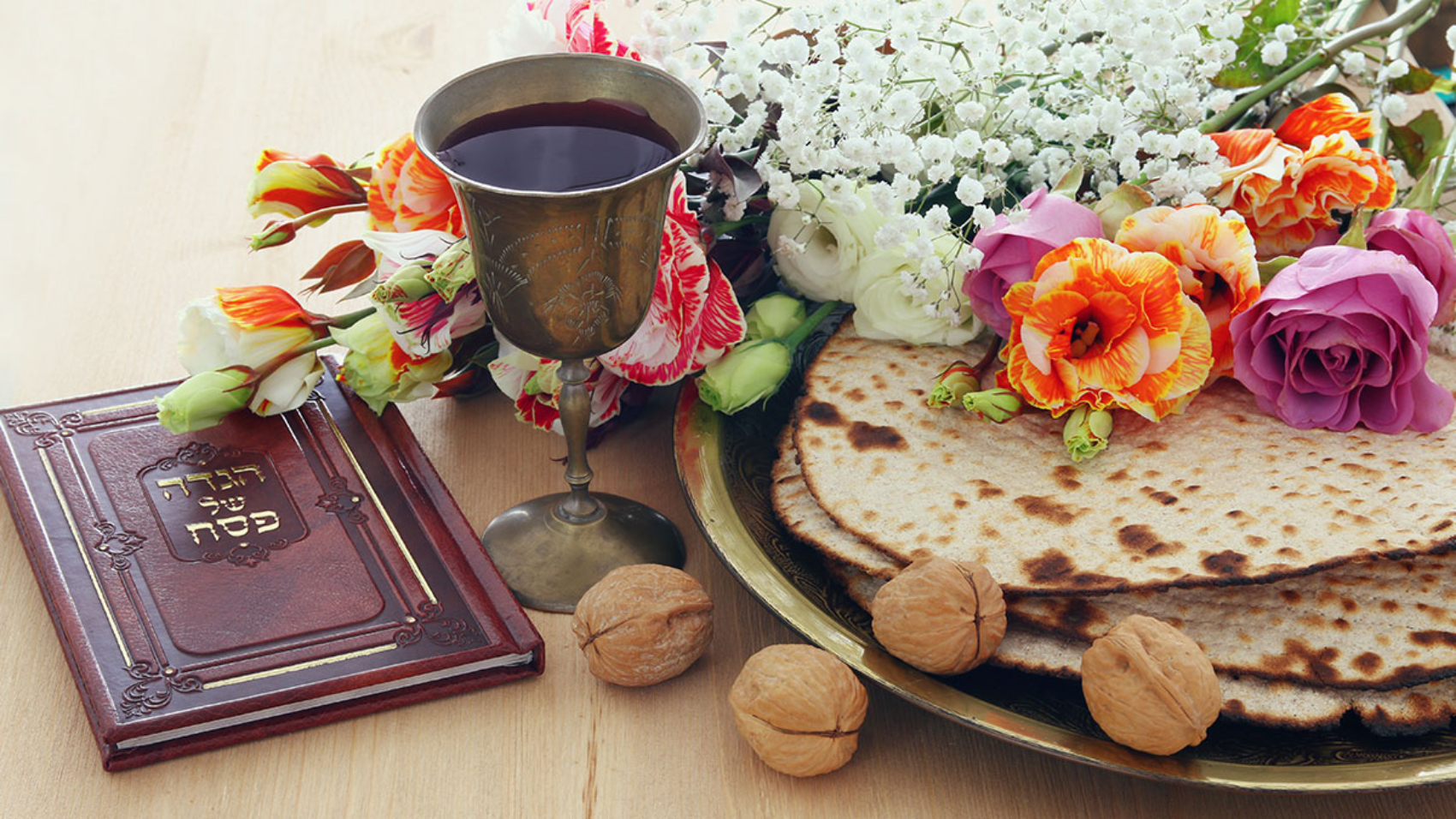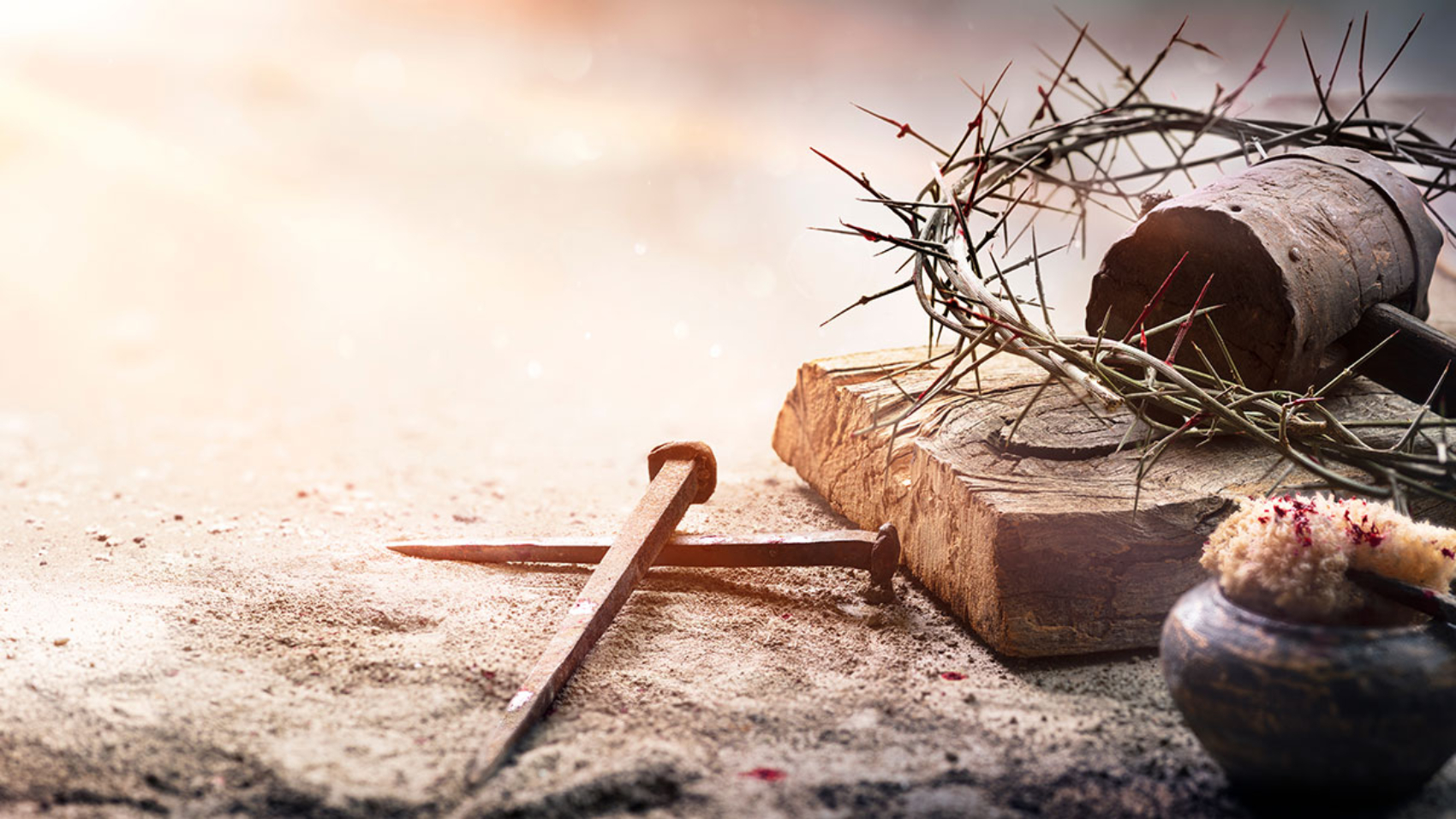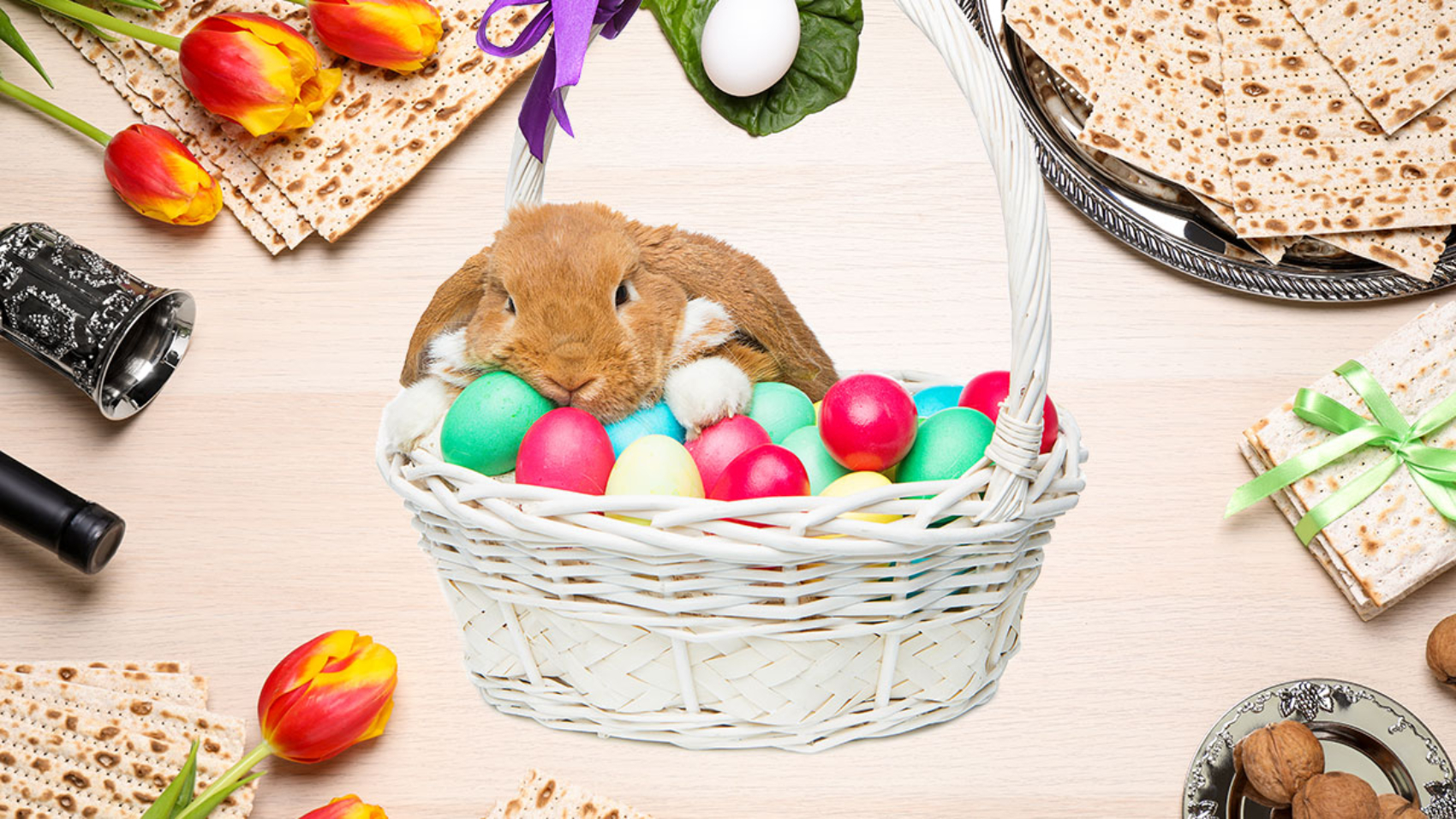Once the night of the seder is over, there is still a week of feast left!
The Feast of Unleavened Bread is seven days and begins just as the day of Passover comes to a close (Note: Biblical days begin in the evening at sunset).
During the Feast of Unleavened Bread, we don’t eat any leaven as a reminder of keeping ourselves free of sin and set apart for YeHoVaH, but there are also several other things to remember and commemorate during this week:
- The year the Messiah was crucified, Passover was on a Wednesday.
- The Messiah died in the late afternoon and was buried before the High Sabbath of the Feast of Unleavened Bread started that evening (when everyone had their seders).
- He was in the ground Wednesday, Thursday, and Friday nights and the days of Thursday, Friday, and Saturday.
- Then the Lord of the Sabbath was raised on the Sabbath during the Feast of Unleavened Bread!
The day after the weekly Sabbath during the Feast of Unleavened Bread is another feast called Firstfruits. This is when the firstfruits of the barley harvest are presented. When Yeshua was raised, those whose graves were opened at his crucifixion were raised and he presented them to the Father as the Firstfruits offering.
Firstfruits is also the day we are told to start counting the 50 days to Shavuot or Pentecost (Lev 23:15), also known as “the counting of the omer.”
The Feast of Unleavened Bread is a busy week with much to remember, study, and discuss. It is also a great week to do acts of service, in keeping with the example set by the Messiah at the Last Supper. The day of Firstfruits specifically is the perfect day to make offerings from what you have to those in need.



